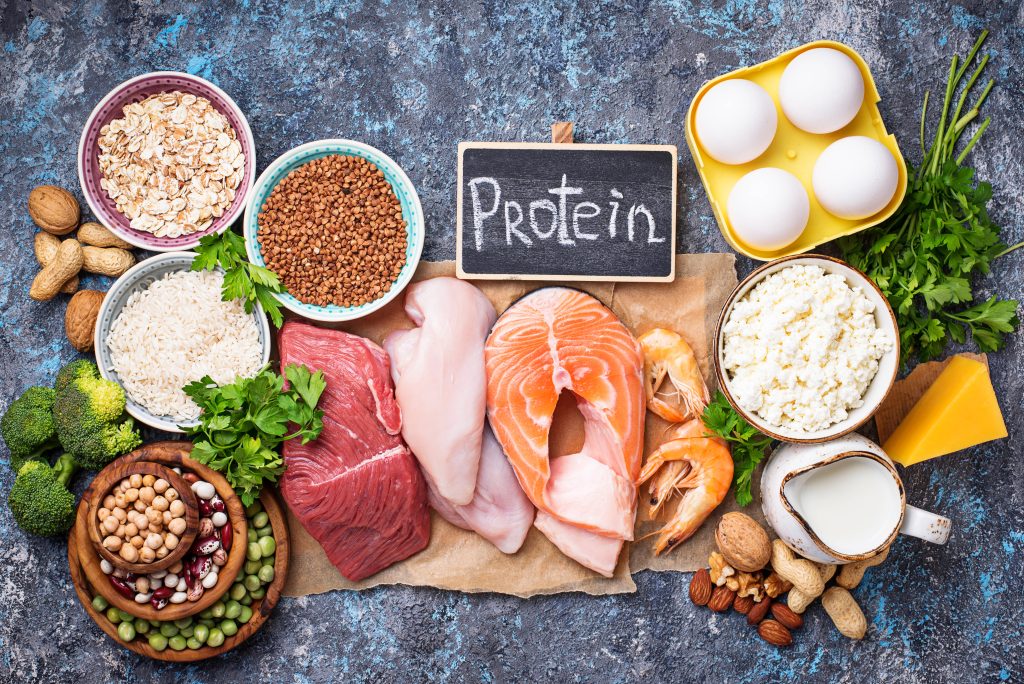Articles
Protein
🧬What is Protein?
-
Protein is a macronutrient made of smaller units called amino acids.
-
Amino acids are often called the “building blocks of life”.
-
Proteins are essential for growth, repair, and maintenance of body tissues.
-
Found in both animal sources (meat, fish, eggs, dairy) and plant sources (beans, lentils, nuts, seeds, soy).
💪 Protein for Health: Why It’s Essential at Every Age
Protein isn’t just for bodybuilders—it’s a foundational nutrient for everyone. From growing children to active adults and aging seniors, protein plays a vital role in building, repairing, and maintaining the body. Whether your goal is better immunity, weight management, or overall wellness, understanding the benefits of protein can help you make smarter dietary choices.
Protein is made up of amino acids—the building blocks of life. It’s essential for:
- Muscle growth and repair
- Immune system support
- Hormone and enzyme production
- Healthy skin, hair, and nails
- Satiety and weight management
That’s why high protein foods are often recommended for people looking to improve their health, energy, and body composition.
🍳 Best Protein Sources for Everyday Nutrition
Looking for healthy protein sources? Here are some top picks:
- Lean meats: Chicken breast, turkey, lean beef
- Fish & seafood: Salmon, tuna, prawns
- Eggs: A complete protein with all essential amino acids
- Dairy: Greek yogurt, cottage cheese, milk
- Plant-based proteins: Lentils, chickpeas, tofu, tempeh, quinoa
- Protein supplements: Whey, casein, and plant-based powders
These foods are ideal for anyone searching for protein for weight loss, protein for muscle gain, or protein for energy.
🧒 Protein for Kids and Teens
Children need protein for growth, development, and immune support. Including high protein snacks for kids like boiled eggs, yogurt, or nut butters can help meet their daily needs—especially during growth spurts or active school days.
🧓 Protein for Adults and Seniors
As we age, protein becomes even more important for:
- Preserving muscle mass
- Supporting bone health
- Preventing age-related decline
Many adults in Australia are now turning to protein-rich diets to stay active, maintain strength, and support healthy aging.
🥗 How Much Protein Do You Need?
Protein needs vary based on age, activity level, and health goals. General guidelines suggest:
- Children (1–10 years): 1.0–1.2g per kg of body weight
- Adults: 0.8–1.5g per kg, depending on activity
- Athletes or active individuals: Up to 2.0g per kg
Protein is more than just a macronutrient—it’s a health powerhouse. Whether you’re building a premium children’s formula, launching a wellness product, or simply educating your audience, highlighting the importance of protein for health is a smart move.

